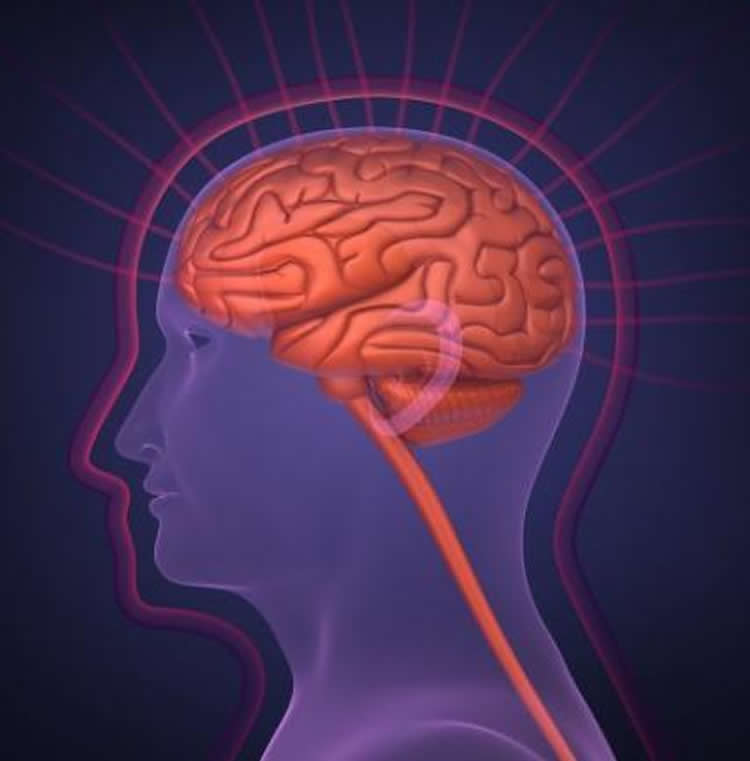
Brain-derived neurotrophic factor (BDNF) is a powerful protein that stimulates the production of new brain cells and strengthens existing ones. More specifically, releasing BDNF activates a series of genes that develop new cells and brain pathways. Thus, having high BDNF makes you learn faster, remember better, age more slowly, and reconnect your brain quickly.
Brain-derived neurotrophic factor (BDNF) is one of the most widely distributed and extensively studied neurotrophins in the mammalian brain. Among its prominent functions, one can mention control of neuronal and glial development, neuroprotection, and modulation of both short- and long-lasting synaptic interactions, which are critical for cognition and memory.
Serotonergic neurons are among the first to develop in the central nervous system. Their survival and maturation is promoted by a variety of factors, including serotonin itself, brain-derived neurotrophic factor (BDNF) and S100β, an astrocyte-specific Ca2+ binding protein. Here, we used BDNF-deficient mice and cell cultures of embryonic raphe neurons to determine whether or not BDNF effects on developing serotonergic raphe neurons are influenced by its action on glial cells. In BDNF–/– mice, the number of serotonin-immunoreactivity neuronal somatic, the amount of the serotonin transporter, the serotonin content in the striatum and the hippocampus, and the content of 5-hydroxyindoleacetic acid in all brain regions analyzed were increased. By contrast, reduced immunoreactivity was found for myelin basic protein (MBP) in all brain areas including the raphe and its target region, the hippocampus.
Exogenously applied BDNF increased the number of MBP-immunopositive cells in the respective culture systems. The raphe area displayed selectively reduced immunoreactivity for S100β. Accordingly, S100β was increased in primary cultures of pure astrocytes by exogenous BDNF. In glia-free neuronal cultures prepared from the embryonic mouse raphe, addition of BDNF supported the survival of serotonergic neurons and increased the number of axon collaterals and primary dendrites.
Until fairly recently, it was wrongly believed that humans are born with a certain number of brain cells and that you could never develop new ones. But in the early 1980s, researchers discovered and isolated a protein that stimulated the growth of new brain cells. They called this protein brain-derived neurotrophic factor or BDNF. But BDNF does a lot more than just cause new brain cells to grow.

